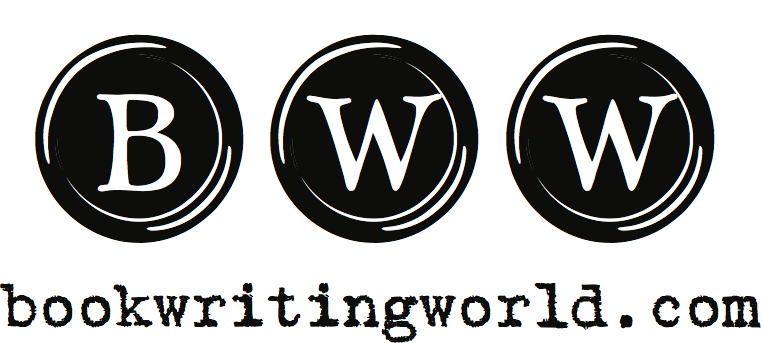Five Things We Avoid That We’d Do Better To Embrace
1) Verbs: Make things happen in your sentences. Be alert for “There is/ are/ were” and “I felt/ heard/ saw/ noticed.” These usually can be cut and replaced with verbs, further into the heart of the sentence, that pack a much greater punch. Example: She saw that there were fifty cans of beer in a pile. Change it to: Fifty cans of beer teetered in a fragile pyramid. “She saw” and “there were” are throat clearing. They get in the way of real verbs. We know she saw because you’ve already established point of view. We know there were because we have a grasp of basic existence. Show us what we don’t know. Work those verbs.
2) Conflict: Hate it in life, love it in story. Go to the heart of being human and duke it out. Let your characters duke it out. Create conflict in the environment, in the points of view, in the reader’s understanding of the story, in the character’s motivations and between characters.
3) Unresolvable pain and irredeemable actions and unquenchable desires: In life, we want to be the heroes who know the answers, solve the problems, fix the broken. (Or is that just co-dependents who want those things?) In your stories, some things can’t be resolved. If it is broke, don’t fix it. Not right away Not easily. Not without struggle and some cost.
4) Juxtaposition: Story happens in juxtaposition. Read Mamet On Directing for a brilliant analysis of this in film (from Eisenstein I gather). Story happens by placing images next to each other and letting the meaning come from the relationship the reader infers or creates. A heavy boot crunches on dried leaves. A deer looks up, startled. The relationship between these two—danger, fear—is all in the juxtaposition. Lay out your images like bricks and let the reader cement the wall into place.
5) Multiple drafts: Writing is inefficient. It takes a lot of work and much of that work doesn’t, and shouldn’t, see the light of day. So jump in there are write your pretty *** off, okay? Write a shitty first draft. Write a shitty second draft. Write a decent third draft, a stronger fourth draft and a great fifth draft. Write an exciting sixth draft, a powerful seventh draft and a stellar eighth draft. You are almost there! Fabulous.
. . . and Three Things We’d Do Better to Avoid
1) The end of the scene: Perhaps you’ve heard it said that you should begin in the beginning, continue on through the middle and end at the end. In most instances the end is way too far to have taken the scene. End in the middle. End when something is happening, when a question is posed, when a choice is faced, when a revelation occurs. Force your reader to take action and turn the page.
2) Explanations: We readers are smart. We come to your book with a lot of savvy. We’ve been observing life and people for a long time and we know what’s what. If you show us what’s going on, you don’t need to tell us. Conversely, if you need to tell us what’s going on, it won’t work. We have to see it to believe it. “The louder he talked of his honesty, the faster we counted our [silver] spoons.” Ralph Waldo Emerson had a point to make here about what we are told and what we believe. So cut the explanation and show us the money. And everything else important.
3) Mediation: This goes back to Verbs, above. You set up your point of view and then you do not need to say, “She noticed,” “He saw,” “I heard.” We know who’s looking and seeing. What’s juicy is what’s being seen. Cut these phrases of mediation and you’ll find your sentence minus a verb. Adding in that verb will be the best thing you’ve ever done for your sentence. A verb is the engine of a sentence and mediation is your neighbor trying to push a dead car up a hill.
In the comments below, let me know: what insight is most inspiring to you and your writing at this moment? What do you avoid that you’d like to embrace?



I like Juxtaposition and End of the Scene. I’ve been realizing I have to trust the way some things come out, not worry if the reader is going to get it, that the narration, juxtaposition, are just going to have to do. End of the scene: useful for where I am right now, it’s a good reminder.